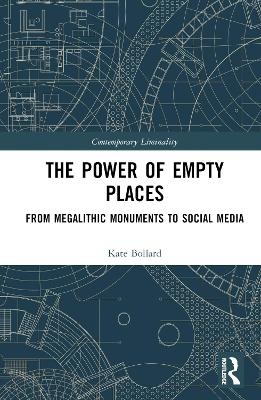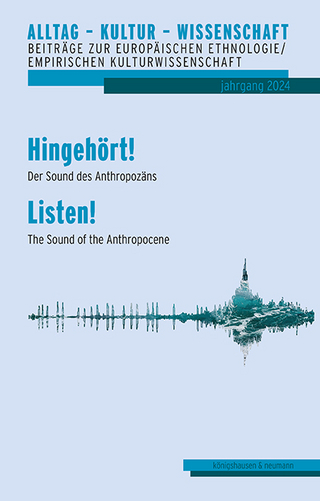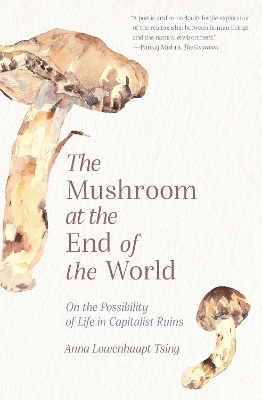
The Power of Empty Places
From Megalithic Monuments to Social Media
Seiten
2025
Routledge (Verlag)
978-1-032-83563-1 (ISBN)
Routledge (Verlag)
978-1-032-83563-1 (ISBN)
- Noch nicht erschienen (ca. Februar 2025)
- Versandkostenfrei innerhalb Deutschlands
- Auch auf Rechnung
- Verfügbarkeit in der Filiale vor Ort prüfen
- Artikel merken
Social media has been established as a central feature of the modern world and a propagator of contemporary culture. Political anthropology is employed as a method to understand digital fascination in the modern world. The theory of the void is utilised to examine the destructive features of social media that induce an unreality and provoke users to unfold in alternate ways. Classifying the realm of social media as a void illustrates how the intangible non-place is a divisive feature of modernity.
To gain comprehension of the pervasive void created by technology, a consideration of historical precursors can be useful. Features of stone circles, such as their material character, configuration and optical display on the solstice can be used to understand how social media operates to lure people into its domain and promotes entrapment. This book is aimed at individuals with an interest in social media, social theory and political anthropology. It will be of use to those working in the areas of identity, unreality, media and communication studies. It addresses fundamental issues of modernity such as social media, identity and unreality.
To gain comprehension of the pervasive void created by technology, a consideration of historical precursors can be useful. Features of stone circles, such as their material character, configuration and optical display on the solstice can be used to understand how social media operates to lure people into its domain and promotes entrapment. This book is aimed at individuals with an interest in social media, social theory and political anthropology. It will be of use to those working in the areas of identity, unreality, media and communication studies. It addresses fundamental issues of modernity such as social media, identity and unreality.
Kate Bollard has recently completed a PhD in University College Cork, Ireland. Her research interests include social theory that is informed by concepts developed in political anthropology. The research focuses on social media and its tendencies to lead humanity to interpret the world though a technological lens.
Introduction Part 1. The Liminal Void 1. The Liminal Spiral 2. The Void Part 2. Comparable Void Typologies 3. Historical Traps/Unlimited Sites 4. The Digital Age 5. Historical Monuments and Contemporary Milieu Conclusion
| Erscheint lt. Verlag | 11.2.2025 |
|---|---|
| Reihe/Serie | Contemporary Liminality |
| Verlagsort | London |
| Sprache | englisch |
| Maße | 156 x 234 mm |
| Themenwelt | Sozialwissenschaften ► Ethnologie |
| Sozialwissenschaften ► Soziologie | |
| ISBN-10 | 1-032-83563-X / 103283563X |
| ISBN-13 | 978-1-032-83563-1 / 9781032835631 |
| Zustand | Neuware |
| Haben Sie eine Frage zum Produkt? |
Mehr entdecken
aus dem Bereich
aus dem Bereich
Wert, Tausch und menschliches Handeln
Buch | Softcover (2023)
diaphanes (Verlag)
28,00 €
Buch | Softcover (2024)
Königshausen u. Neumann (Verlag)
28,00 €
On the Possibility of Life in Capitalist Ruins
Buch | Softcover (2021)
Princeton University Press (Verlag)
19,90 €


